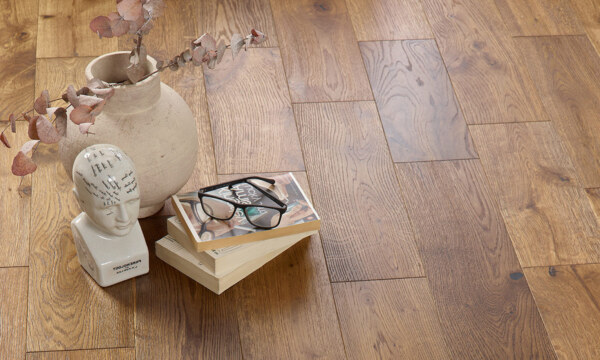What you need to know about different teeth whitening solutions

Teeth can become discoloured or stained for a variety of different reasons, including drinking beverages like coffee, tea and red wine, smoking, or eating certain foods. In order to restore teeth and make them whiter and brighter, getting rid of stains is easier than ever before with a range of safe and effective tooth whitening treatment options to choose from. Have your dentist conduct a tooth whitening treatment or try a range of whitening products designed to be used at home. The good news is that most conventional tooth whitening treatments are completely safe to use as long as you follow the instructions.
What are your teeth whitening options?
There are various products and methods available when it comes to whitening teeth, so it’s no surprise that some people feel confusion about which one is going to be the best option. Generally, there are three different categories of tooth whitening products to choose from. These include treatments administered by dentists, treatments that dentists provide to use at home, and over the counter treatments.
There are many reasons to consider one type of treatment over the other, including the type and amount of discolouration and staining, the treatment method, dental history and the cost.
Before trying a tooth whitening treatment, it’s worth discussing the options with a dentist. Dentists will be able to recommend a type of treatment that is ideal for specific needs and can explain the different treatment approaches available.
Professional teeth whitening
Those with severe staining or discolouration might want to invest in professional tooth whitening done by a dentist. Generally, these methods need to be done by a trained professional since they involve bleaching teeth with carbamide peroxide, which breaks down to hydrogen peroxide and urea to target the colour of the tooth in a chemical reaction. When done by a trained professional, it is considered a very safe and effective way to whiten the teeth. Depending on the results needed, some may only need one quick treatment or just a few visits to get the desired effect. A professional treatment by a dentist is also recommended for those who have dental problems that might make at-home treatments riskier such as abfraction lesions or receding gums.
At-home treatment From your dentist
For those who’d prefer to whiten teeth at home, a dentist can also help with this. They may be able to make custom-fit trays and provide a gel to add to the tray and wear for the recommended amount of time per day. If you want to do your own tooth whitening treatment at home but are concerned about using reputable and safe products that are recommended by your dentist, this will be the best option. A dentist will also be able to check progress and ensure that teeth are not negatively affected in any way by the treatment.
Over the counter whitening products
For those who’d rather avoid visiting the dentist or want to get their teeth whitening products as quickly as possible, over the counter options like Crest Whitestrips are a good option. Unlike the products administered by a dentist, the Crest Whitening strips do not contain any carbamide peroxide or may have much less in comparison. This makes them safe to use without the instruction of a dentist, as long as you carefully follow the instructions provided with the product.
Additional whitening products with Crest Whitestrips like whitening toothpaste are also available to help maintain the results. In general, they work well for minor staining but on the downside, it may not be as effective on seriously discoloured as dentist-prescribed treatments, or it may take longer to get the desired results when using these products. Learn more about the available Crest 3D White products and how they’re used through teeth whitening experts such as Euro White. Overall, they are a very safe and effective product to use at home for those who want to achieve whiter and brighter teeth.
Whitening toothpaste
Since whitening toothpaste does not use carbamide peroxide, it is typically safe to use on a regular basis. These toothpaste options target stains on teeth by using substances like abrasives or blue covarine to whiten teeth. They are often best used in conjunction with other tooth whitening treatment options to help maintain results, also, they can be effective in removing stains on their own for those prepared to wait some time to see the results.
What you can do
Teeth can stain quite easily from products like coffee, tea, gravy, red wine and cigarettes – and if you’ve decided to whiten your teeth either with the help of a dentist or at home, the last thing that wanted is for them to become stained and discoloured again quickly. While undergoing tooth whitening treatment, a dentist will be able to advise on what to avoid to help maintain results for longer.
For those who drink coffee or tea, try to cut back on the amount drunk or consider drinking through a straw to reduce the amount of contact that the liquid has with your teeth. Brushing teeth immediately after consuming any staining substances can also help prevent further discolouration.
For smokers, quitting smoking is certainly the best thing thing to do for teeth whiteness as continuing to smoke cigarettes will only undo all the work with whichever teeth whitening treatment chosen.
When you want brighter, whiter teeth, there are plenty of options to consider when it comes to achieving the desired look.
The editorial unit
























Facebook
Twitter
Instagram
YouTube
RSS